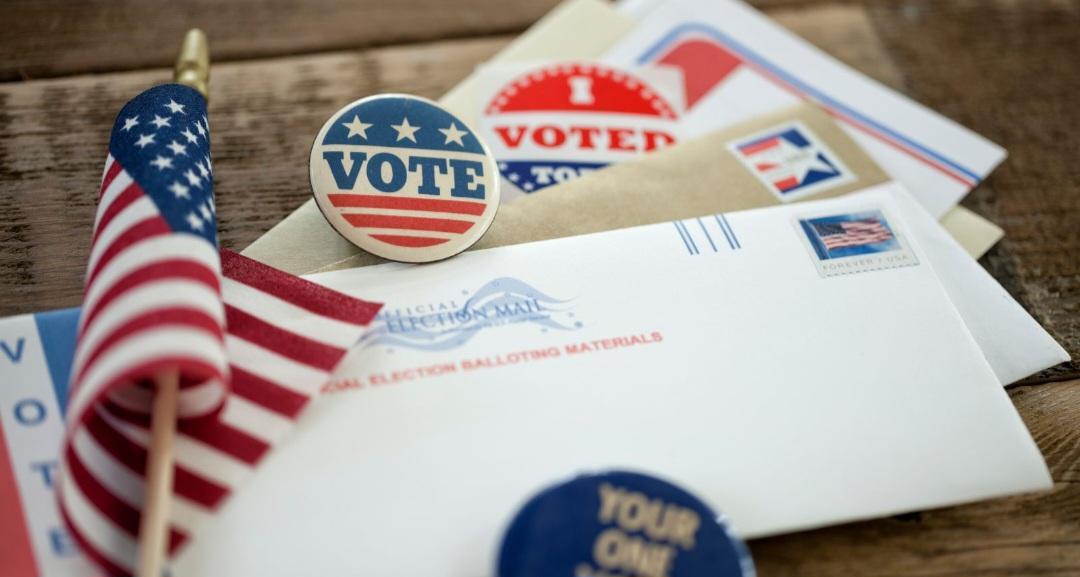
Wisconsin Women’s Long Road to Political Equality
Every August the history around the official certification of the 19th Amendment is celebrated and recalls the journey to political rights
By
Loading...

Teri Barr is Civic Media’s Content Creator and a legend in Wisconsin broadcast journalism. Email her at [email protected].
Want More Local News?
Civic Media
Civic Media Inc.
The Civic Media App
Put us in your pocket.